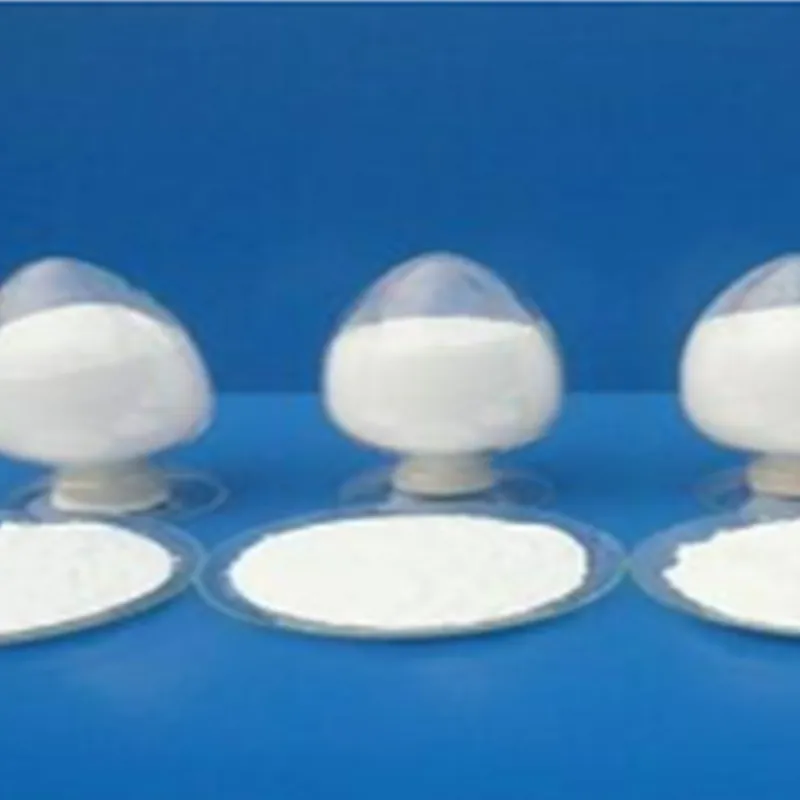
sweetening agents in food
Sweetening Agents in Food An Overview
Sweetening agents play a pivotal role in the culinary and food industry, providing flavor enhancement and improving the overall sensory experience of various food products. As consumer preferences shift towards healthier options, the demand for innovative sweetening solutions has grown significantly. This article delves into the types, uses, and health implications of sweetening agents in food.
Sweetening Agents in Food An Overview
One of the significant categories of sweetening agents includes artificial sweeteners. Substances such as aspartame, saccharin, and sucralose are commonly used in low-calorie and diet products. These sweeteners can provide the desired sweetness without the calories associated with sugar, making them appealing to those seeking to manage their weight. Despite their popularity, these artificial agents have sparked debates regarding safety and long-term health effects. Studies have shown that while they are approved by food safety authorities, some individuals may experience adverse reactions or prefer to avoid them due to potential health concerns.
sweetening agents in food

Natural sweeteners have gained traction in recent years as consumers increasingly seek organic and non-GMO options. Stevia, derived from the leaves of the Stevia rebaudiana plant, is one of the most popular natural sweeteners. It offers a sweetness level much higher than that of sugar while being calorie-free. Similarly, monk fruit extract is another natural alternative that is gaining popularity for its unique taste and zero calories. These options are often perceived as healthier alternatives, though they can be more expensive and less readily available than traditional sugars.
Sugar alcohols, such as sorbitol, xylitol, and erythritol, are another category of sweetening agents often used in low-sugar and sugar-free products. Sugar alcohols provide a sweet taste with fewer calories compared to regular sugar, and they do not cause significant spikes in blood glucose levels, making them suitable for diabetics. However, they can lead to gastrointestinal discomfort when consumed in large quantities, which is a consideration for both manufacturers and consumers.
The food industry continues to evolve as awareness of health-related issues grows. Innovations in sweetening agents are likely to emerge, including the development of new plant-based sweeteners and blends that cater to both consumers' taste preferences and health concerns. Furthermore, as research continues to unfold regarding the impact of these sweetening agents on health, it will guide regulatory practices and labeling standards.
In summary, sweetening agents are essential ingredients in modern food production, contributing not only to taste but also to the functionality of food products. As consumer demands shift toward healthier choices, the market for sweeteners is expanding, leading to greater diversity in options. Understanding the different types of sweetening agents, their uses, and their health implications is crucial for both consumers and industry stakeholders in making informed choices.
-
Buy High-Quality Trichloroisocyanuric Acid for Sale | TCCA 90% SupplierNewsAug.30,2025
-
Pure Sodium Dichloroisocyanurate Dihydrate | Powerful DisinfectantNewsAug.29,2025
-
Industrial Chemicals: Quality & Purity for Every IndustryNewsAug.28,2025
-
Nitrile Rubber Honoring Strict Production StandardsNewsAug.22,2025
-
Aspartame Ingredients Honoring Food Safety ValuesNewsAug.22,2025
-
Fertilizer for Balanced Plant NutritionNewsAug.22,2025
-
Cyanide Gold Processing with High Purity AdditivesNewsAug.22,2025
Hebei Tenger Chemical Technology Co., Ltd. focuses on the chemical industry and is committed to the export service of chemical raw materials.
-

view more DiethanolisopropanolamineIn the ever-growing field of chemical solutions, diethanolisopropanolamine (DEIPA) stands out as a versatile and important compound. Due to its unique chemical structure and properties, DEIPA is of interest to various industries including construction, personal care, and agriculture. -

view more TriisopropanolamineTriisopropanolamine (TIPA) alkanol amine substance, is a kind of alcohol amine compound with amino and alcohol hydroxyl, and because of its molecules contains both amino and hydroxyl. -

view more Tetramethyl Thiuram DisulfideTetramethyl thiuram disulfide, also known as TMTD, is a white to light-yellow powder with a distinct sulfur-like odor. It is soluble in organic solvents such as benzene, acetone, and ethyl acetate, making it highly versatile for use in different formulations. TMTD is known for its excellent vulcanization acceleration properties, which makes it a key ingredient in the production of rubber products. Additionally, it acts as an effective fungicide and bactericide, making it valuable in agricultural applications. Its high purity and stability ensure consistent performance, making it a preferred choice for manufacturers across various industries.





